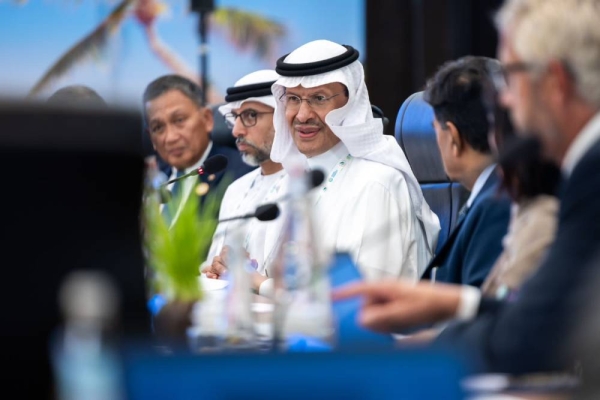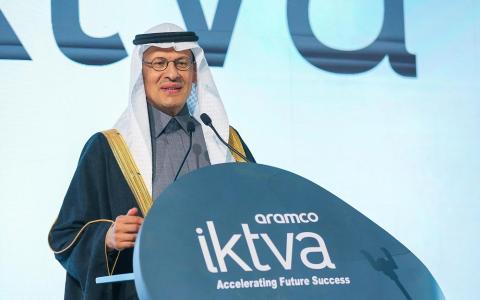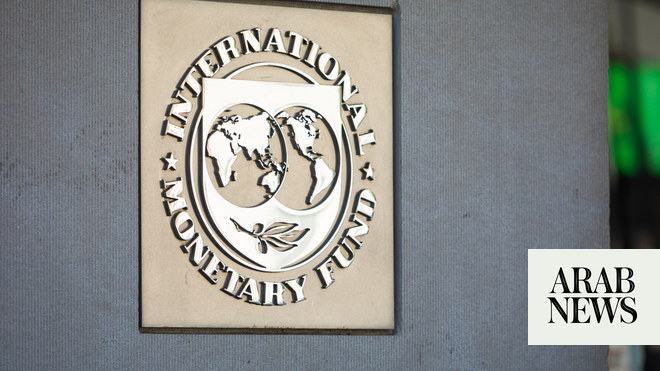
OPEC and non-OPEC countries will exit from oil production cuts gradually and smoothly in order not to shock markets in the early part of 2019, when demand will seasonally slow, Saudi energy minister Khalid al-Falih said on Wednesday.
Falih said it was very unlikely cuts could be exited in June when OPEC will hold its next meeting and added that he believed they could be just adjusted at some point. He indicated that OPEC could change the level of stocks it was targeting by its output reductions.
He also said OPEC could change the level of stocks it was targeting by its output reductions.
“I dont see signs of significant oil demand slowdown,” Falih stated, adding: “the US oil boom is not a threat, as Mexico and Venezuelan output is declining.”
He expects global oil demand to hit 120 million barrels per day within the next 25 years.
“We tried to push oil production to a maximum a couple of years back but everyone suffered, including producers and consumers,” Falih said during a session at World Economic Forum in Davos.
"We dont target any level of oil price, such as $60 or $70 a barrel, we target only excessive oil stocks," he added.
Falih admitted that OPEC and non-OPEC deals “will expire one day” and producers will have to go back to direct competition with one another.
Meanwhile, the most important tax paid by Saudi Aramco will fluctuate with the price of oil, a significant move ahead of the company’s initial public offering this year, Saudi Aramco’s chief executive Amin al-Naser said in a Bloomberg interview at the World Economic Forum in Davos, Switzerland.
Adjusting the 20 percent royalty on oil revenue Aramco currently pays would help the kingdom to raise extra money if prices climb, Nasser explained.
The royalty will remain "for the time being" at 20 percent he said, adding that later on "there will be some alterations that would happen when the price changes in the market.”
Nasser cautioned that all the tax details would not be revealed until the company publishes its IPO prospectus "in due course." On top of the royalty, Aramco pays a 50 percent income tax.
According to Falih, Aramcos IPO remained on track. “We hope that 2018 will be the right time but ultimately we have to make sure the market is ready,” he told the attendees.
“We’re ready for the listing but we have to be sure the market is ready, that the time is right, and we will calibrate that as we get closer," he added.
Asked whether the IPO could be postponed to 2019, Aramcos CEO said: “We don’t know. It’s all depending on how soon we hear about the second venue. But currently, we’re ready for the second half of 2018.”
Speaking to Reuters, Nasser revealed that Aramco is looking to expand in the United States where President Donald Trump’s tax cuts and support for the oil industry are making business increasingly attractive.
“We are looking at new business opportunities in the US and with the tax cuts it will make it much more profitable ... It is part of our strategy to grow our business in the US,” Nasser said.
“The whole oil industry is benefiting from the current administration," he concluded.












